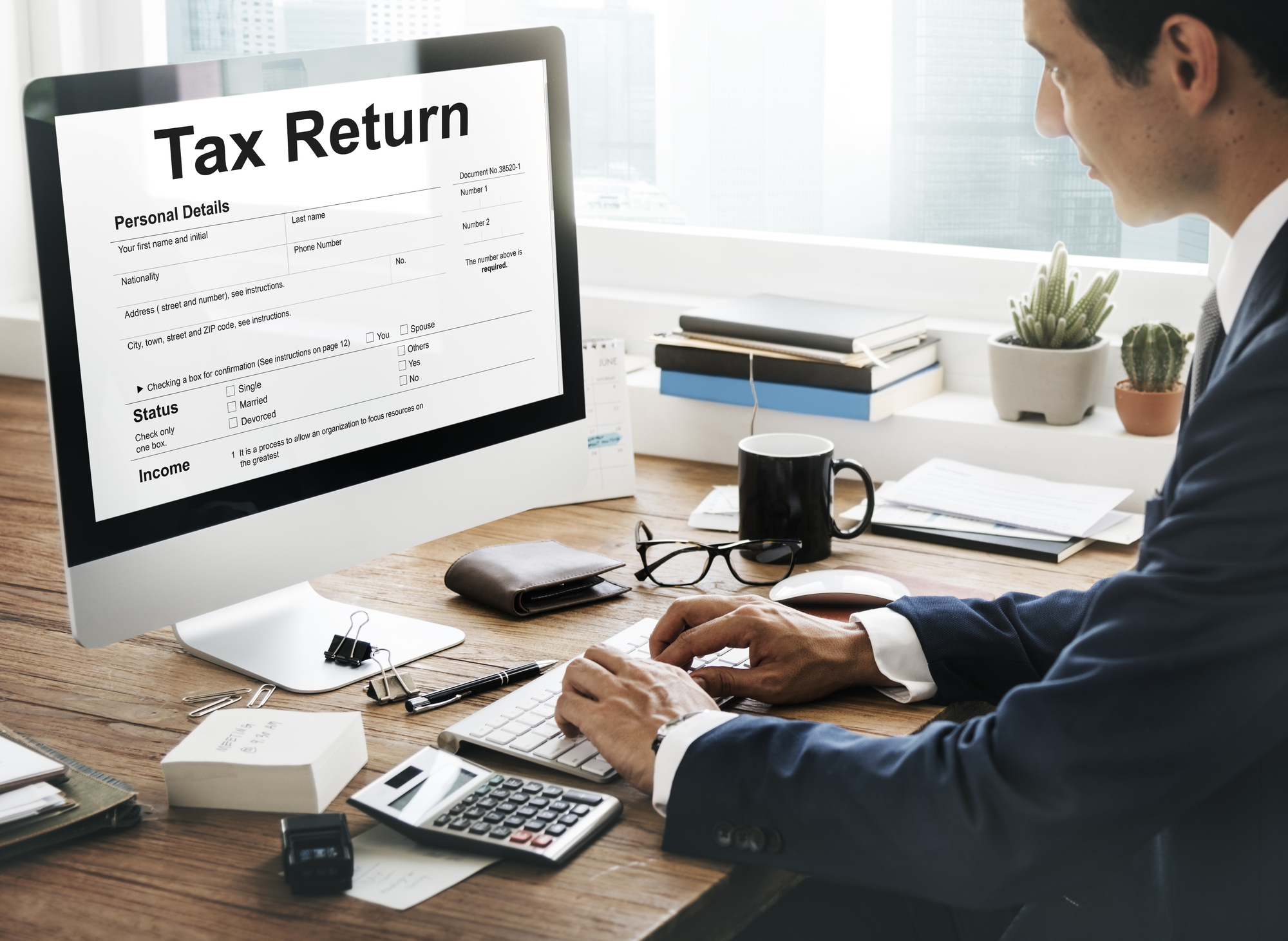East London is more than just a geographic location; it’s a pulsating hub of innovation, creativity, and entrepreneurial spirit. From the tech startups of Shoreditch and the vibrant creative agencies of Hoxton to the established family businesses in Walthamstow and the bustling hospitality scenes of Bethnal Green and Hackney, the area is a microcosm of modern business. In such a dynamic and competitive environment, robust financial management isn’t just a luxury—it’s the bedrock of survival and success.
For any business owner, the decision to hire an accountant is a pivotal one. But in a landscape as diverse as Accountants in East London, finding the right financial partner requires more than a simple Google search. This guide will walk you through everything you need to know to find an accountant who not only manages your numbers but also helps you navigate the unique opportunities and challenges of doing business in East London.
Why Your East London Business Needs a Specialist Accountant
You might wonder if any qualified accountant will do. While technically yes, an accountant with specific experience in your locale and industry offers distinct advantages:
- Local Knowledge: They understand the specific economic climate, local business rates, and grant opportunities available from borough councils like Tower Hamlets, Hackney, or Newham.
- Industry Expertise: The needs of a tech SaaS company scaling rapidly are worlds apart from a thriving restaurant on Brick Lane or an independent art gallery on Redchurch Street. An industry-specialist understands your margins, key performance indicators (KPIs), and common financial pitfalls.
- Networking Opportunities: A well-connected local accountant can be a goldmine for referrals, introducing you to potential clients, suppliers, or even investors within the East London ecosystem.
- Understanding of Hybrid and Remote Work: Post-pandemic, many East London businesses operate flexible models. An accountant familiar with this can advise on tax-efficient setups for home offices and remote teams.
Step 1: Define Your Needs – What Do You Actually Need Help With?
Before you start your search, be clear on what you want to achieve. Accountants offer a spectrum of services, and your requirements will dictate the kind of firm you look for.
- Basic Compliance: This is the foundation—preparing and filing annual accounts, corporation tax returns, and managing your VAT submissions. Most businesses need this.
- Bookkeeping & Payroll: Day-to-day transaction recording, invoice management, and running your payroll. Many accountants offer these services or can recommend a trusted bookkeeper.
- Strategic Business Advice: This is where a good accountant becomes a invaluable partner. This includes cash flow forecasting, tax planning, budgeting, and helping you make informed decisions about growth, investment, or securing funding.
- Specialist Services: You might need help with R&D tax credits (huge for tech firms), setting up employee share schemes, or navigating a merger or acquisition.
Step 2: Know the Types of Accountancy Firms in East London
The accountancy landscape in East London is varied. Understanding the different types of firms will help you find the right fit.
- The Big Four & Large Nationals (PwC, Deloitte, etc.): Typically suited for very large corporations with complex, international needs. Often prohibitively expensive for SMEs and startups.
- Medium-Sized Firms: These firms offer a wide range of services and have specialists in various fields. They can be a great fit for established, scaling businesses that need a full-service approach.
- Boutique & Specialist Firms: This is where East London truly shines. These are smaller practices that often specialise by industry—for example, focusing exclusively on creative agencies, tech startups, restaurateurs, or contractors. They offer deep expertise and highly personalised service.
- Sole Practitioners: A single qualified accountant running their own practice. They can offer excellent value and a direct relationship but may have limitations on resources for very complex needs.
For most small to medium-sized businesses in East London, a boutique firm or a savvy sole practitioner often provides the perfect blend of expertise, personal touch, and value.
Step 3: Where to Look – Sourcing Your Shortlist
Forget cold calling from a directory. Use these targeted methods to find potential candidates:
- Word of Mouth & Personal Recommendations: This is the most powerful tool. Ask other business owners in your network, especially those in your industry. Who do they use? What has their experience been?
- Professional Referrals: Ask your lawyer, business banker, or mentor. They work with businesses like yours daily and will know which accountants have a strong reputation.
- Online Searches & Directories: Use specific search terms like “Accountant for Tech Startups Shoreditch” or “Restaurant Accountant Hackney.” Check reviews on Google and professional directories like ICAEW or ACCA’s “Find a Chartered Accountant” tools.
- Local Networking Events: Attend events hosted by Tech London Advocates, local Chambers of Commerce, or industry-specific meetups. Accountants who value local business often attend these.
Step 4: The Vetting Process – Key Questions to Ask
Once you have a shortlist of 3-4 firms, it’s time to dig deeper. Most will offer a free initial consultation. Treat it like an interview. Come prepared with questions:
About Their Experience & Fit:
- “Can you tell me about your experience working with businesses in the [your industry] sector?”
- “What other clients do you have of a similar size and stage to us in East London?”
- “Who will be our main day-to-day contact? What are their qualifications?”
- “What accounting software do you recommend and support? (e.g., Xero, QuickBooks, FreeAgent)” – Ensure it aligns with your preferences.
About Services & Fees:
- “What is included in your core fee, and what is considered an additional service?”
- “How do you structure your fees? (Fixed monthly retainer, hourly rates, project-based?)” – A fixed monthly fee is often preferable for budgeting.
- “Can you provide a clear, written proposal outlining the scope of work and costs?”
About Strategy & Value:
- “Beyond compliance, how can you help us grow and become more profitable?”
- “How proactive are you with advice? Will you contact me with opportunities, or do I need to come to you?”
- “Can you talk me through a recent piece of advice you gave a client that saved them money or helped them grow?”
Step 5: Understanding Fees and Making the Decision
Accountancy fees in East London vary widely based on the firm’s size, your business’s complexity, and the services required. A sole trader might pay £60-£100 per month, while a limited company with a turnover of £500k might pay £200-£500 per month for a comprehensive service.
Remember: The cheapest option is rarely the best. An accountant who saves you £5,000 in tax is worth far more than one who charges £500 less per year. Evaluate the proposals based on the value they promise, the clarity of their communication, and most importantly, whether you felt a genuine connection and could see them as a trusted partner.
Red Flags and Green Lights
Red Flags to Avoid:
- Vague Pricing: Unwillingness to provide a clear, written quote.
- Poor Communication: Slow to respond to initial enquiries.
- One-Size-Fits-All Approach: Doesn’t seem interested in the nuances of your business.
- Reluctance to Talk Strategy: Only wants to talk about compliance and history, not your future.
Green Lights to Look For:
- Proactive and Curious: Asks insightful questions about your goals and challenges.
- Clear and Transparent: Open about fees, processes, and what you can expect.
- Industry-Specific Knowledge: Speaks your language and understands your market.
- Cultural Fit: You feel comfortable with them and trust their advice.
Conclusion
Hiring an accountant in East London is one of the most significant investments you can make in your business’s future. It’s not just about outsourcing a task; it’s about hiring a strategic guide for your financial journey. The right accountant will do more than just file your returns—they will provide clarity, ensure compliance, optimise your tax position, and offer the strategic insight that allows you to focus on what you do best: growing your business in one of the most exciting and entrepreneurial parts of the world.



